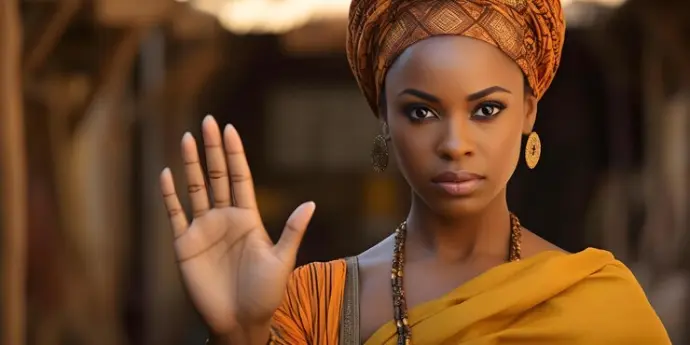

EQUALITY RIGHT
GENDER EQUITY
Equal rights, in theory, have universal scope but a lot of work must be done to ensure this premise is fulfilled.
Equal rights is a principle that is included in one of the articles of the Universal Declaration of Human Rights. The aim is to ensure that all human beings, regardless of age, nationality, preferences and any other factor, have equal treatment under the law.
Unfortunately, in a large number of nations the right to equality is violated or, directly, annulled based on political systems or authoritarian social models in which space is given to discrimination, labor exploitation of minorities and a salary gap that significantly favors men when comparing the same task but performed by one gender or the other.
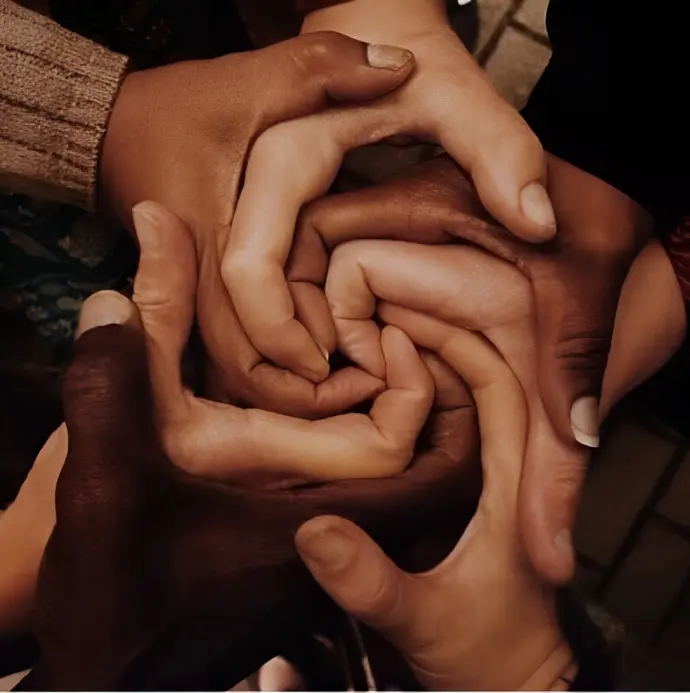
THE VALUE OF EQUAL RIGHTS
The value of equal rights can be perceived in any rule of law that adopts a legal system that aims to comply with norms and does not grant access (at least in theory) to privileges according to who is the subject being judged.
There are, on an international scale, multiple organizations and movements that develop activism that is highly committed to the defense, protection and fulfillment of equal rights, covering all areas for this purpose.
In every community it is essential and necessary to make all sectors visible and work without partisan, religious, cultural or economic differences in pursuit of an equitable and just society. No being is less transcendent. Hence, Justice would have to act with the same impetus every time animal rights, minority rights and men's rights are violated, to focus on realities that, surprisingly, are not at the same level. Social diversity, in any of its forms, must be the object of tolerance, respect and empathy.
FIGHT FOR EQUALITY
The fight for equality unfolds globally in an immense range of items. Each person, for reasons of identification, empathy, interest or personal desire, is free to embrace the cause that they consider.
Thus, daily maneuvers are recorded to transform the academic field with the purpose of convincing the authorities of the importance of establishing educational equity, diversity in the classroom and inclusive education. Not being indifferent regarding the rights of students is another cause with a lot of social support.
In labor matters, it is common to raise the flags of equality in employment, equal pay and equality policies in companies, to describe another situation.
It is enough to minimally look around and form an objective judgment based on news that the media is replicating to know that still, in dozens and dozens of countries, there are serious social inequalities that translate into economic inequalities and inequalities in unfulfilled basic rights ( health inequalities, housing inequalities, inequalities in access to resources).
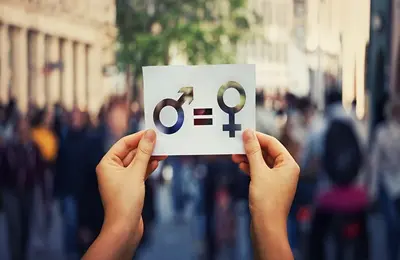

EQUAL RIGHTS FOR MINORITIES AND VULNERABLE GROUPS
The idea of promoting equal rights for minorities and vulnerable groups implies educating, committing and working with the intention of giving voice, tools of struggle and empowerment to sectors that, in general, are overshadowed or minimized by populous groups, policies or unjust resolutions. or they fail to tip the balance in their favor.
The rights of children, the rights of migrants, the rights of the elderly, the rights of people with disabilities, the rights of refugees and the rights of indigenous people exist alongside thousands of other rights, but in these cases they are They require good and solid advice if the conflicts that involve them become so complex that the only way for justice to reign is to leave the verdict under the responsibility of an objective, fair and decent court.
WOMEN, A BIG ACCOUNT PENDING
Women constitute a great unfinished business on a universal scale. Due to religion, race, gender, prejudices, culture, social role and countless variables, they are prevented from having as much freedom, access to opportunities and rights as men do have. At this point it is inevitable to refer to the concepts of machismo and feminism, which are talked about so much due to the philosophy that respectively is their identifying mark.
On the other hand, awareness campaigns are not sufficient, as is clear from observing the constantly increasing statistics of femicide rates. Although a fatal outcome does not always occur, cases of domestic violence and gender violence are extremely serious problems. Obviously, education, severe legislation and social involvement are needed to leave behind this scourge that continues to ruin families, spread horror and spread fear.
It is also essential that every woman be able to inform herself and live her sexuality without fear of prejudice or attacks, to adopt the method of contraception that best suits her needs and intimate preferences without pressure from her partner, and to obtain support based on the family planning that she requires. dreams or not opting for the experience of motherhood. Finally, it is urgent to stop doubting or criminalizing members of the female gender who, when they can, dare to tell (and prove before the courts) that they once had an abortion, that they were subjected to sexual harassment or that they endured harassment labor.
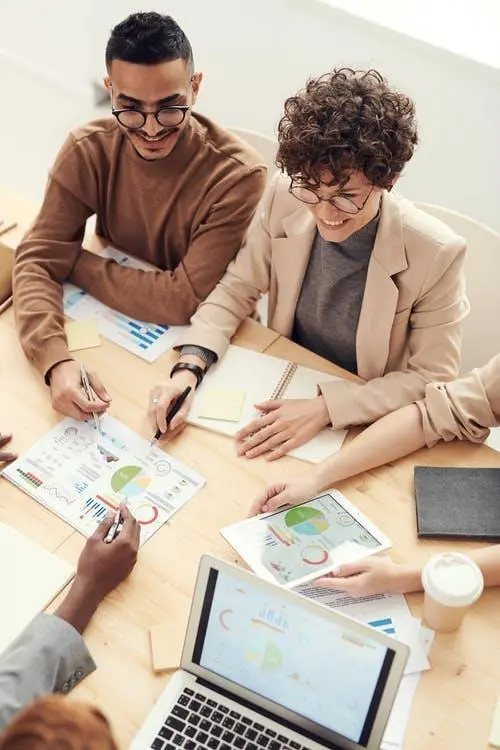
EQUALITY
Justice
Equality before the law is one of the pillars of a democracy. Equality is the correspondence and proportion resulting from many parts that make up a uniform whole. The term allows us to name the conformity of something with another thing in its form, quantity, quality or nature.
SOCIAL EQUALITY
Social equality is known as the context or situation where people have the same rights and the same opportunities in a certain aspect or at a general level. Sex equality or gender equality refers to standardizing existing opportunities so that they can be distributed fairly between men and women. What is known as equal opportunities is therefore very important. With it, what is established is that for a society to have a fair system, it must allow all individuals to have the same political and civil rights. But not only that, everyone also has to have identical possibilities to be able to access what would be social welfare. Gender equality implies, among other issues, that women and men have access to the same opportunities.
EQUALITY OF RACES AND EQUALITY BEFORE THE LAW
Race equality is another form of equality: this notion maintains that all people should enjoy the same rights so that discrimination does not exist. In South Africa, during the apartheid era, racial equality was not achieved and the black population was exploited by whites. Equality before the law is a principle that recognizes that all citizens are entitled to the same rights. It is evident that, if there is no equality of races, there is no equality before the law. This concept also assumes that Justice does not prejudge.
GENDER EQUALITY
Gender, meanwhile, is a term with several uses. In this case we are interested in focusing on its meaning as the group to which a person belongs according to their sex, taking into account sociocultural issues beyond the strictly biological. The idea of gender equality, in this framework, is a principle that maintains that women and men must have access to the same opportunities and have the same rights and benefits. At the same time, all human beings must be treated with the same respect. Gender equality, in short, aims to ensure that discrimination based on gender does not exist. This equality is established by law with regard to fundamental rights, but it is often not achieved in practice.
In recent years, several countries have managed to advance towards gender equality in multiple aspects thanks to the struggle of the feminist movement. In any case, it is common for women to receive lower salaries than men despite performing the same work or for them to not have the possibility of accessing certain positions within a company, because these are exclusively for men. Generally, gender inequality to the detriment of women is a consequence of sexist societies or societies organized as patriarchies, where power is distributed in favor of men. This leads to women being subordinate or relegated to men.
The road to gender equality is long and arduous. As mentioned in the previous paragraph, in a society where patriarchy reigns, it is difficult to avoid inequality, because the government already assigns supreme power to men. Let's just think about the typical "president and first lady" picture: although the title for the husband of a president has also been determined, "first gentleman", given that access to the Executive power by a woman is so rare almost no one knows this expression.
If we continue in this framework we can notice another nuance of contempt towards women that shows that the first lady is on a step lower than her husband: many times a man is called this way in a joking tone, more or less heavy, to attack his masculinity or question his relevance in a relationship, among other cases. This relates to the use of the word homosexual and its synonyms to insult someone.
In short, we are quite far from achieving gender equality, but this does not mean that no one is doing anything about it, but rather that the change must be profound, it must attack the roots of our society. As long as we continue to use the figure of women as a symbol of inferiority to verbally attack men, it will be of no use to improve their salaries or offer them more job opportunities. Giving more space to women in society simply to avoid negative repercussions is just a band-aid: the solution is to ensure that no one considers women inferior to men.
Gender equality should not stop at this binary distinction, but should make way for all people, regardless of their sex and sexuality: we should all have the same rights and the same obligations, access the same opportunities. Only technical knowledge, charisma, experience and skill, among other traits, should allow us to climb within a hierarchy.
GENDER EQUITY
Gender equity is the objective of the search for equality between men and women in the control and use of society's goods and services. This means abolishing discrimination between both sexes and not privileging men in any aspect of social life, as was common a few decades ago in most Western societies. It should be noted that the concept of equity is linked to justice, impartiality and social equality. Genus, on the other hand, is a class or type that allows beings that have one or more common characteristics to be grouped together. We can establish that for gender equality to take place, two specific and fundamental situations must occur or be generated. On the one hand, there would be equal opportunities and on the other, the creation of a series of specific conditions so that the aforementioned opportunities can be taken advantage of.
A FAIR DISTRIBUTION
Gender equity consists of standardizing existing opportunities to distribute them fairly between both sexes. Men and women must have the same development opportunities. The State, therefore, has to guarantee that resources are allocated symmetrically. A woman, likewise, should not get less than a man for the same job. Any person must earn what is their own according to their merits and cannot be favored to the detriment of others. A man and a woman, therefore, must receive the same remuneration for the same job that includes identical obligations and responsibilities. This situation of equity must be achieved without neglecting gender characteristics. Women, for example, are entitled to extensive maternity leave, while paternity leave is shorter. In this case, biological issues are taken into account and positive discrimination is carried out between both sexes.
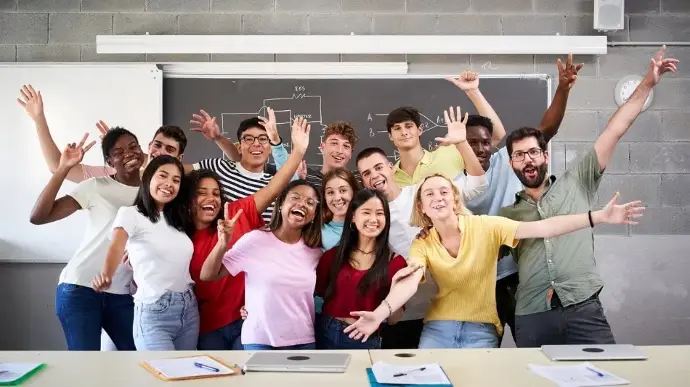
The importance of education for equality
Educating for equality provides benefits at both an individual and social level, as it helps to develop respect, tolerance, dialogue and conflict resolution.

 IHRO NEWS
IHRO NEWS


